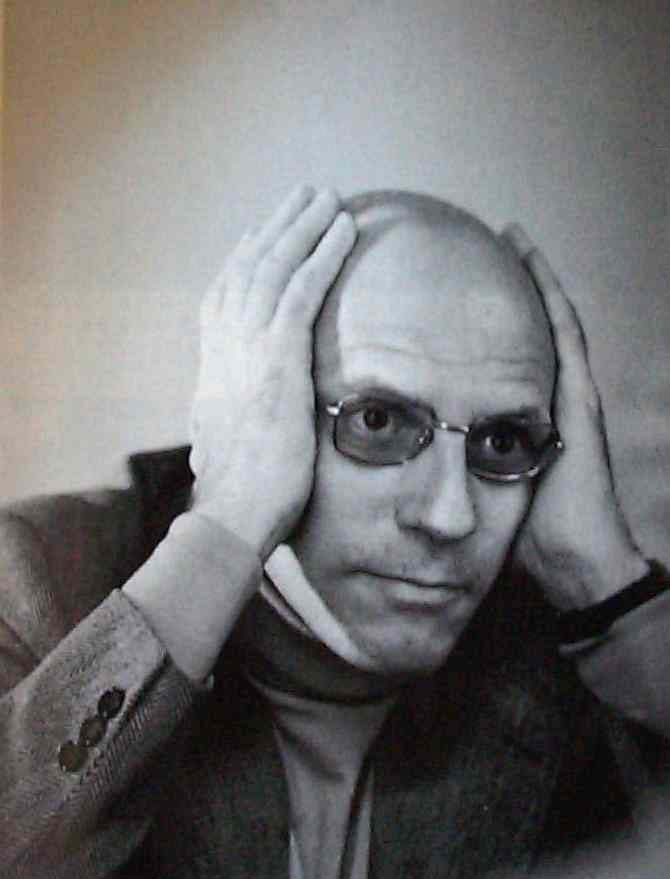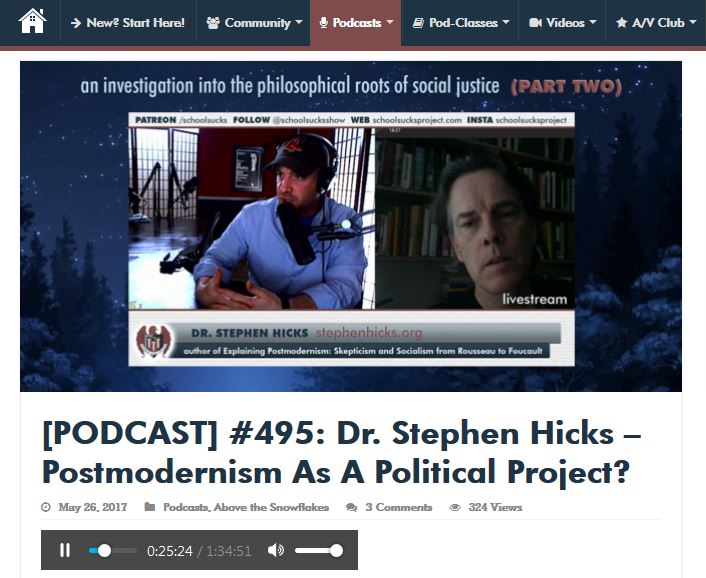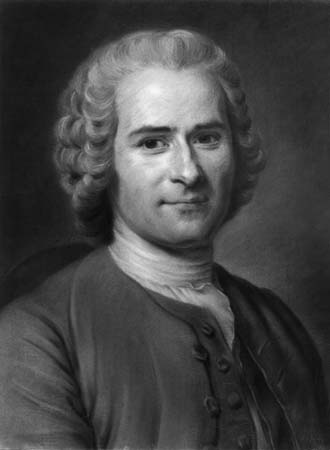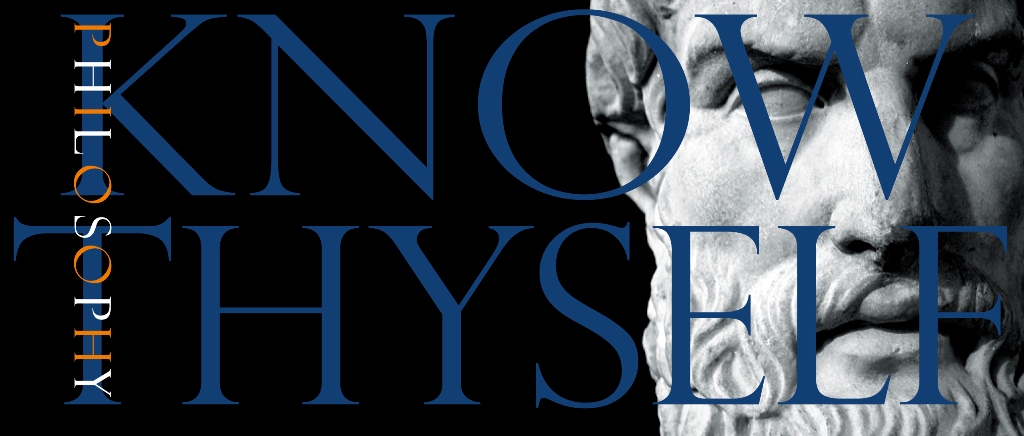Foucault as Rousseauian
From Rousseau’s 1749 Discourse on the Arts and the Sciences: “Princes always view with pleasure the spread, among their subjects, of a taste for the arts of amusement and superfluities … The sciences, letters, and arts spread garlands of flowers over the iron chains with which men are burdened, … make them love their slavery, […]
Foucault as Rousseauian Read More »







